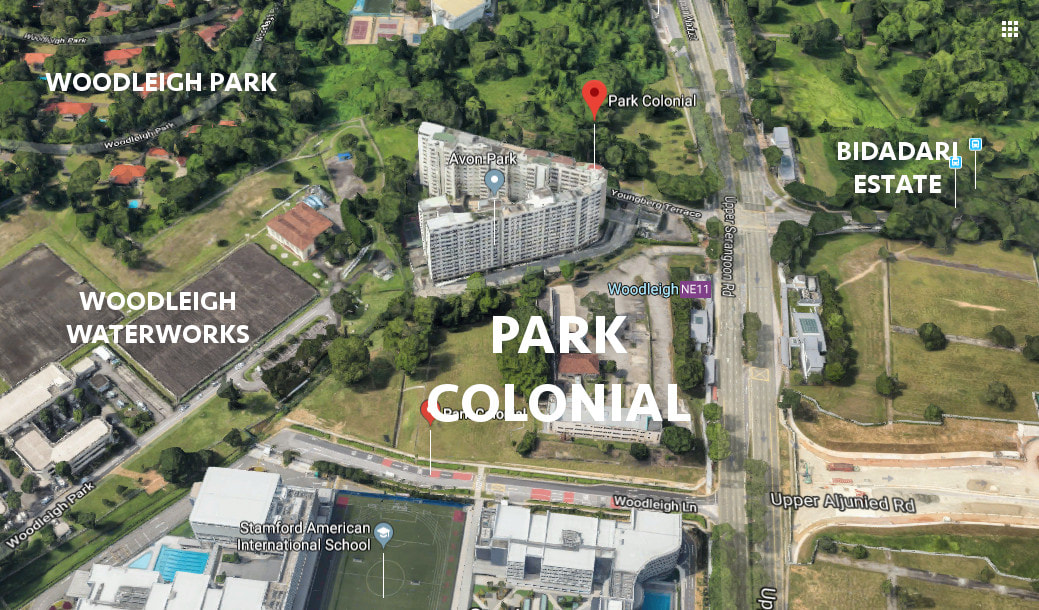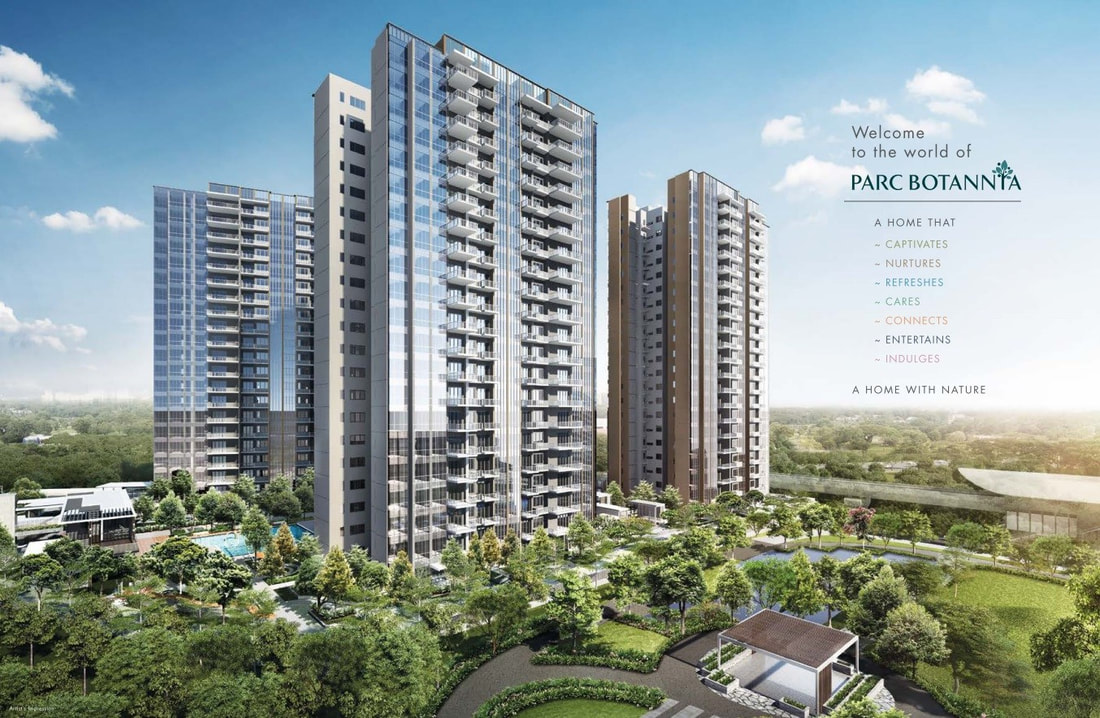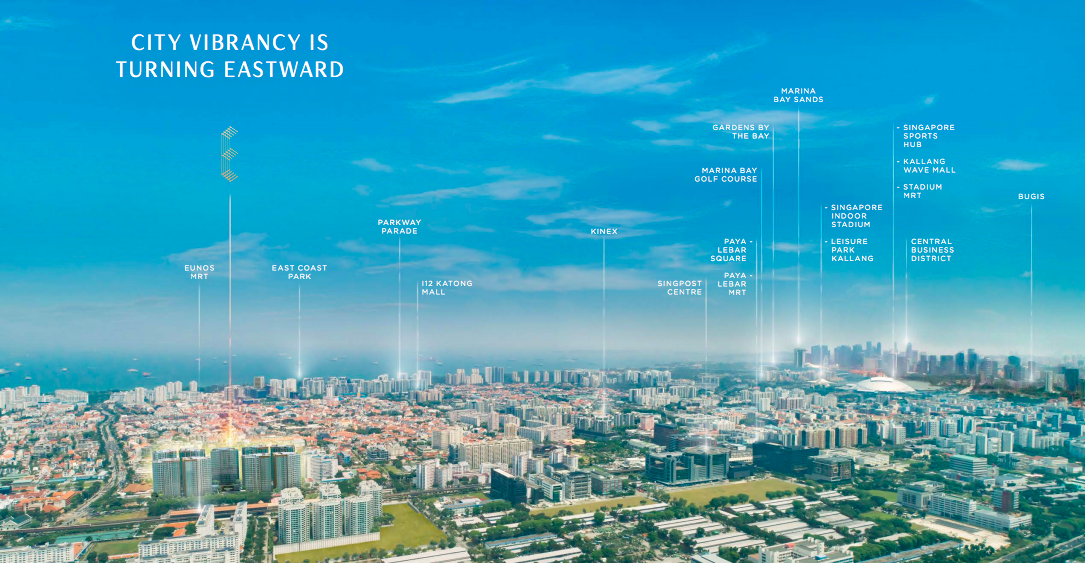After years of lacklustre foreign institutional interest in the Singapore commercial property market, Singapore is appearing on investors' radar again. Inflows from foreign institutional investors - equity and pension funds, insurance, sovereign wealth funds among others - between 2016 and 2018 have amounted to US$5.3 billion (S$7.3 billion) in transaction value, well up on the US$1.1 billion recorded in the 2010 to 2015 period. In 2015, foreign institutional buyers stayed out of the market due to weakness in the Singapore office sector. Supply overhang coupled with a sub-2 per cent gross domestic product growth had taken a toll on the commercial property market, with office and retail rents sliding and vacancy rates rising. Weak demand persisted into the early part of 2016 despite some early shoots of recovery in the global economy.
However, 2016 saw a return of foreign institutional investors as the office market started to stabilise, resulting in a surge in transaction value to US$4.3 billion. The annual transaction value decreased to a more sustainable pace at US$1.5 billion last year and US$1.6 billion so far this year. The charge in 2016 was led by Qatar Investment Authority's acquisition of Asia Square Tower 1 for $3.4 billion. Then last year, Manulife bought PWC Building for $747 million and insurer FWD Group bought a 50 per cent stake in One George Street for $591.6 million.
London fintech Revolut to launch in Asia-Pacific; regional HQ likely in Singapore
London-based fintech Revolut announced that it will debut in the Asia-Pacific in the first quarter of next year, and has already been granted the necessary licences to operate in Singapore and Japan. Its Asia-Pacific headquarters "will most likely" be based in Singapore, with a number of key personnel responsible for business development, public relations and compliance already hired in the region, it said. Users of Revolut's app can spend abroad in more than 150 currencies with no fees; they can also hold and exchange 24 currencies in-app and make free domestic and international money transfers at the real exchange rate.
Real estate goes data-heavy in a disrupted world
In the last few years, technology has brought about a wave of disruption. From transport to retail, financial services to real estate, disruption has become the new norm. While the gravity of disruptive forces varies across industries, there remains a unanimous element - data. Closer to home, the use of data has been identified as a cornerstone of the Asean Smart Cities Network, the region's geopolitical masterplan for smart and sustainable urban development with the use of technology as an enabler to improve people's lives. In fact, the fusing of technology and data has given rise to a dynamic new sub-sector of real estate, PropTech. The facts augur well for PropTech and its role within the Asean Smart Cities Network. With 400 million Internet users, favourable demographics where 70 per cent of the population are below 34 years old and massive urbanisation with the rise of mega cities such as Singapore, Kuala Lumpur, Jakarta, Manila, Bangkok and Ho Chi Minh City - this initiative could not have come at a better time. Furthermore, with Singapore acting as a sandbox for PropTech due to its intense focus on becoming a smart city and its leadership in the innovation space across Asean, the future looks bright for PropTech. Commercial real estate providers are looking at data sets to build specific solutions and provide more actionable intelligence for clients. For example, PropTech solutions now extend to harnessing sales and leasing and sales activity, asset management data and portfolio valuation data.
An e-cigarette company that has been accused of fanning the flames of the underage smoking epidemic in the United States has set up its regional headquarters in Singapore. This is despite the fact that some products sold by firms like Juul Labs were recently banned here when the Government outlawed the sale, purchase and use of all e-cigarette products in February. CannAcubed's arrival here comes against the backdrop of countries in the region, like Thailand and Malaysia, exploring legalising cannabis for medical purposes.As for Juul, the firm told The Sunday Times that it has "no intention to sell, market or distribute our product in markets - such as Singapore - where the law does not permit such activity".
World's most popular travel destinations of 2018
Jerusalem is poised to lead growth in inbound arrivals, making the Israeli city one of the world's most popular travel destinations in a year in which Japan and India continued to lure visitors, Euromonitor International said. Arrivals to this year's top-100 city destinations are poised to increase by 7.5 per cent overall, with city hubs extending their importance for the global travel industry. Porto, named Europe's leading destination at the 2018 World Travel Awards, is another city to watch, according to Euromonitor. The Portuguese city is predicted to benefit from a 7 per cent increase in arrivals in 2018, and has advanced 42 slots in the rankings since 2012 to reach the top 100 this year. Hong Kong leads the list of cities with the most arrivals. It's forecast to receive 29.8 million people in 2018, 7 per cent more last year. Bangkok, London, Singapore, Macau, Paris, Dubai, New York, Kuala Lumpur and Shenzhen, China, round out the 10-most popular destinations, according to Euromonitor.
Contract signings to purchase previously-owned US homes unexpectedly fell by the most since January, reaching the lowest level since mid-2014 amid mounting evidence that the housing market is struggling. The index of pending home sales dropped 2.6 per cent, after a 0.7 per cent gain the previous month, according to data released by the National Association of Realtors (NAR) in Washington. That missed the median estimate in Bloomberg's survey calling for a 0.5 per cent rise. The gauge was down 4.6 per cent from a year earlier on an unadjusted basis, following a 3.3 per cent decrease. The results underscore the challenges as elevated prices and rising mortgage rates are keeping more Americans on the sidelines of the housing market.
US NZ haven for mega-rich feeling pain of crackdown on ownership
New Zealand's Central Otago, whose ski fields, vineyards and golf courses have made it a popular bolthole for the world's mega-wealthy, may be showing the effects of the South Pacific nation's crackdown on foreign home owners. Average asking prices for homes in the South Island's Central Otago-Lakes District fell 19 per cent to NZ$857,011 (S$810,385) in November from the previous month after New Zealand implemented legislation restricting foreign ownership. New listings in the region - whose property owners are reported to include hedge-fund pioneer Julian Robertson and Hong Kong-based financier Michael Nock - fell 4.6 per cent, according to a report. There were 10,431 homes for sale in the country's most-populous city, or 5 per cent more than a year earlier. Nationally, asking prices for properties averaged NZ$653,575 last month, down 3.3 per cent from October.
Australia house prices fall the most since global financial crisis
Sydney's property downturn accelerated in November, propelling nationwide house prices to the biggest monthly drop since the global financial crisis, as credit curbs and buyer nerves continue to bite. Nationwide home values fell 0.7 per cent last month, led by a 1.4 per cent drop in Sydney and one per cent in Melbourne, according to data released. The drop takes the total decline in Sydney since the July 2017 peak to 9.5 per cent, on the cusp of overtaking the 9.6 per cent top-to-bottom decline recorded during the last recession 27 years ago. This decline is even steeper than the 1989-91 fall, showing how quickly sentiment has flipped. November is usually the start of the peak selling season in Australia, so the deepening downturn points to continued weakness ahead.









 RSS Feed
RSS Feed
